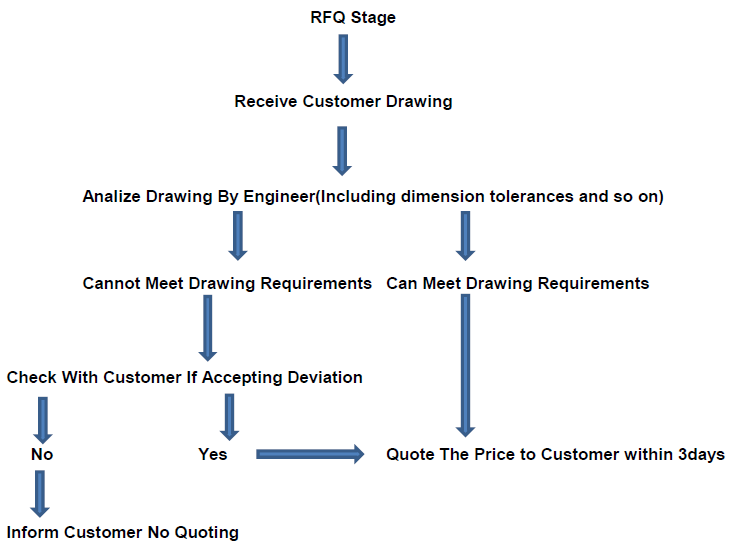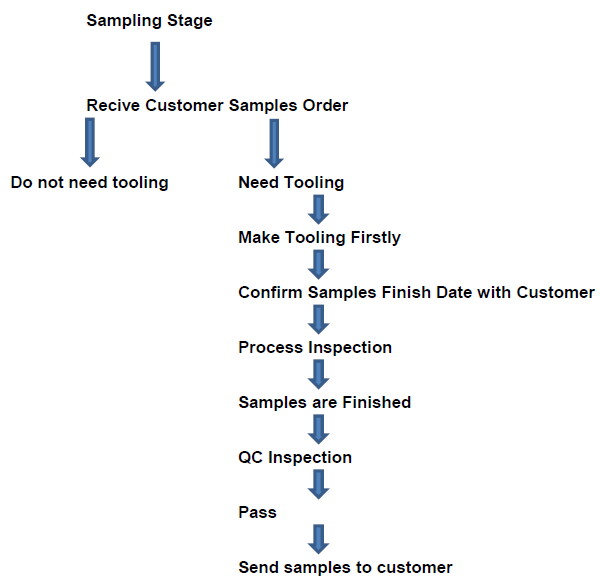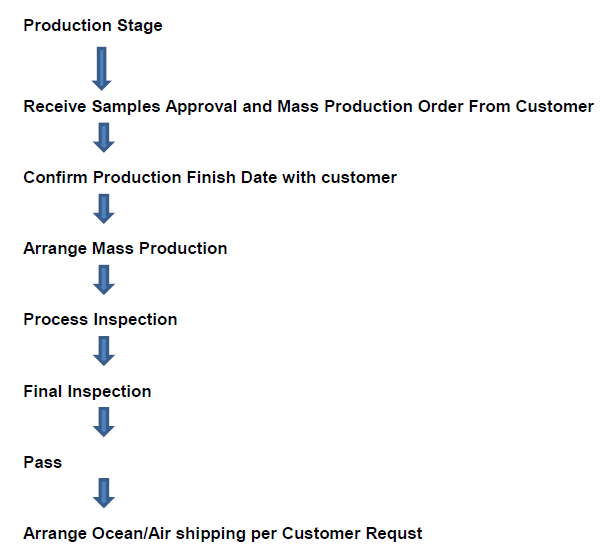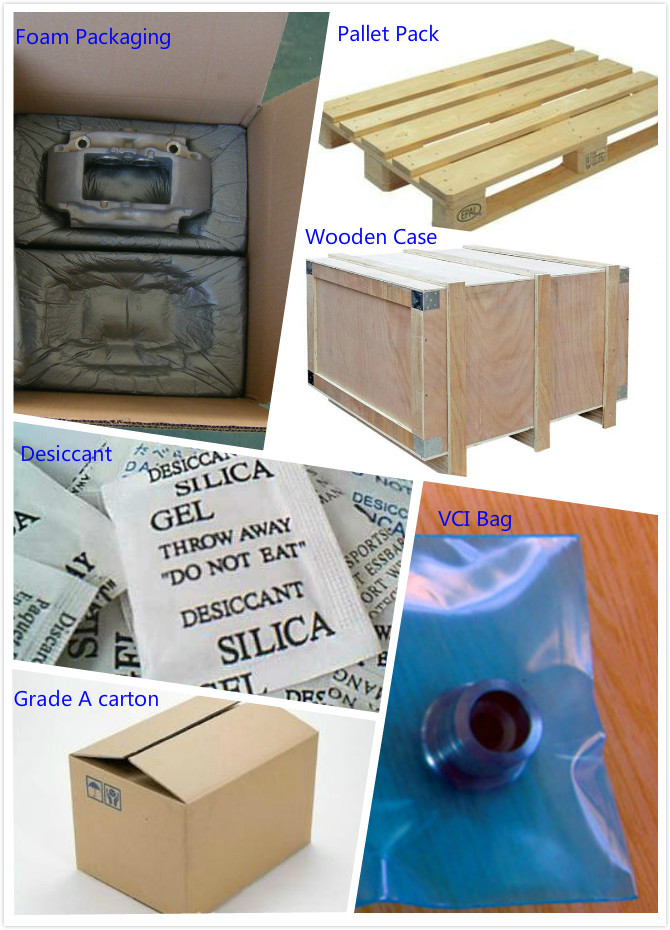![custom aluminum alloy partscomponents custom aluminum alloy parts]() The difference between 6061AL and 7075AL material:
The difference between 6061AL and 7075AL material: Ingredient differences:
6061 uses magnesium (Mg) and silicon (Si) as the main alloying elements to form the Mg₂Si phase. A small amount of manganese (Mn), chromium (Cr) and other elements are added to improve its performance and neutralize the influence of iron.
Strength comparison:
The strength of 7075 is significantly higher than that of 6061. The tensile strength of 7075 can reach over 500MPa, approaching the level of soft steel, and it is known as "super-hard aluminum", while the tensile strength of 6061 is approximately 205MPa.
Price and processing performance:
6061 has a lower price and better processability, and is easy to weld, extrude and heat treat. 7075 is expensive due to its complex alloy composition and high hardness, making it difficult to process (especially in welding).
Typical application scenarios:
6061 is widely used in fields such as construction, automotive parts, ships, and furniture, where medium strength and processability are required.
7075 is mainly used in high-intensity demand fields such as aerospace, military equipment, and high-performance sports equipment.
All of our CNC precision machined aluminum alloy parts are customized according to customer drawings or designs. Belows are our work chart for the non-standard metal parts:
![RFQ阶段 RFQ阶段]()
![samples阶段 samples阶段]()
![production阶段 production阶段]()
Advantages of Custom Precision Milling Aluminum Alloy Parts:
Achieve tight tolerances of ±0.005mm with our ISO 9001-certified machining processes.
Utilize advanced 5-axis CNC mills and Swiss lathes for complex geometries and perfect threading, whether UNC, UNF, or Metric.
Choose optimized materials like 6061-T6 for lightweight durability and 7075-T651 for extreme load-bearing capabilities.
Enhance wear and corrosion resistance with anodizing, plating, and powder coating options.
Prevent post-machining warping with thermal-stress-relieved blanks.
Reduce material waste by 22% with AI-nested toolpaths.
Decrease threading cycle times by 35% through in-house tooling R&D.
Experience 100% first-article inspection (FAI) .
Monitor progress with real-time production tracking portal access.
Enjoy an 18-month warranty against manufacturing defects.
Packaging:
![forging]()
FAQ:
1Q: What aluminum alloys do you recommend for high-stress applications?
1A: We prioritize 6061-T6 for optimal machinability and corrosion resistance, and 7075-T651 for aerospace-grade strength.
2Q: What’s your lead time for urgent samples vs. bulk orders?
2A: Samples-10days, production: 20 days. Expedited service available with real-time progress tracking.
3Q: Do you inspect every batch for threading accuracy?
3A: Yes – 100% of threaded features are tested via go/no-go gauges and optical comparators. Custom threading reports (including flank angle measurements) are provided upon request.
4Q: Can you modify existing part designs for better manufacturability?
4A: bsolutely. Our free DFM analysis identifies cost/tolerance optimizations within 24 hours, such as radius adjustments or non-critical tolerance relaxation – all while maintaining functional integrity.
5Q: What is your payment term?
5A: For the first order, we accept 50% deposit with order and rest against shipping. For long term worked customers, we have better term to provide.




























